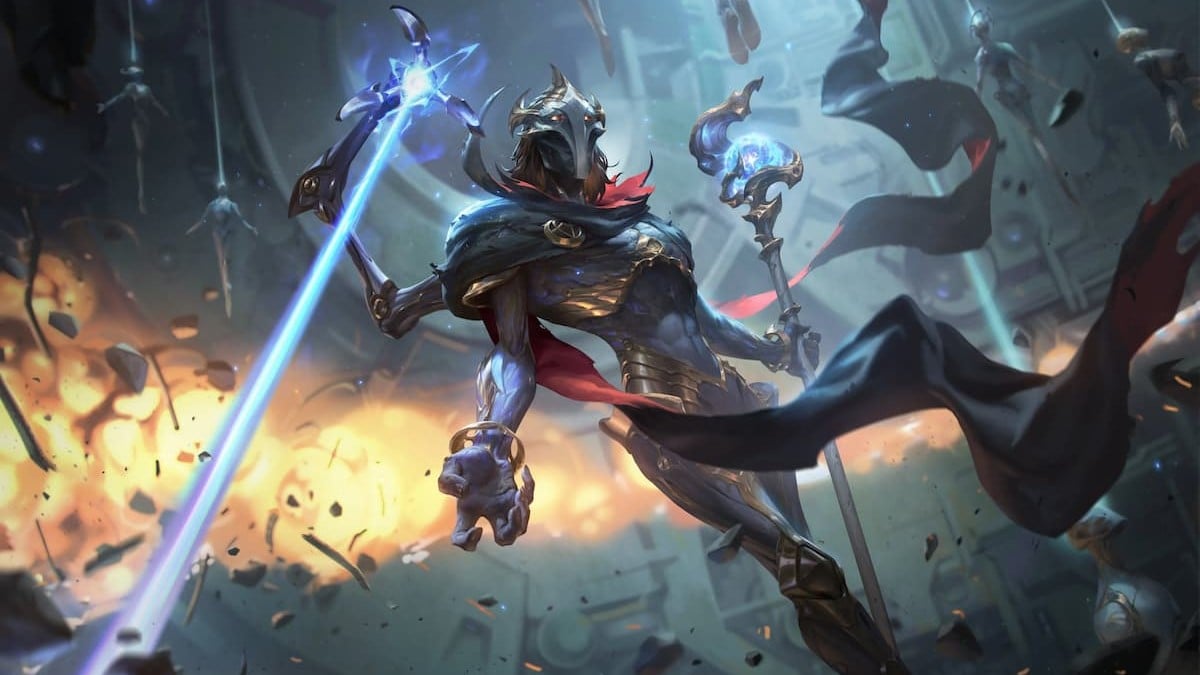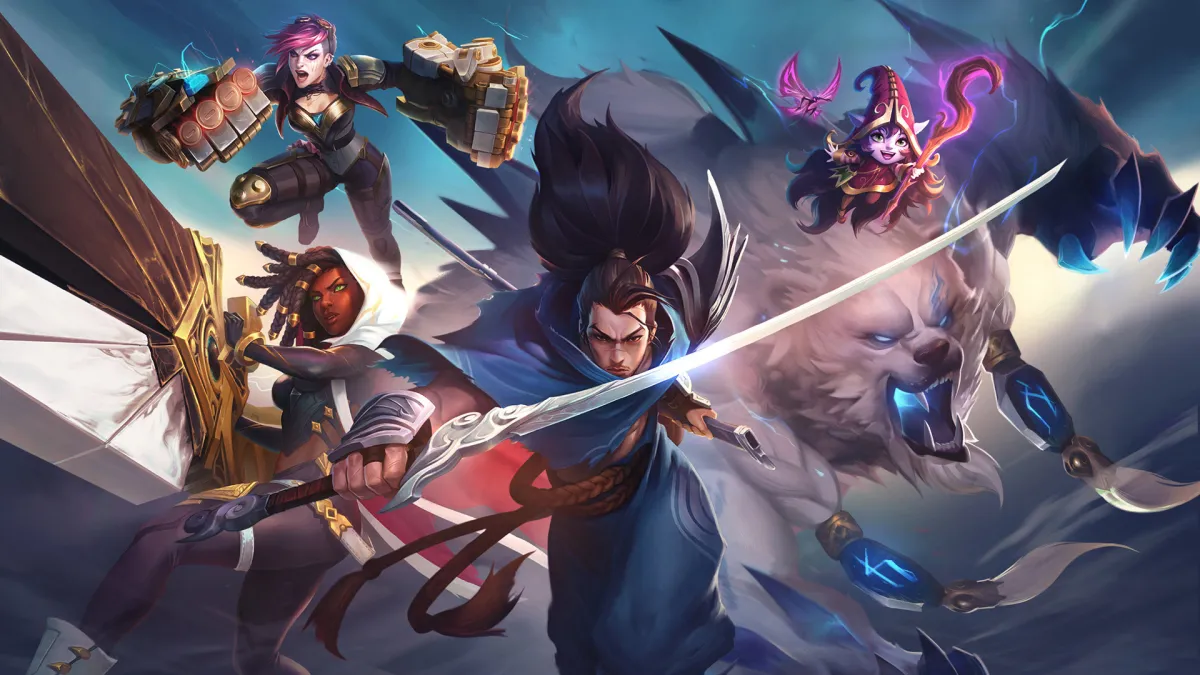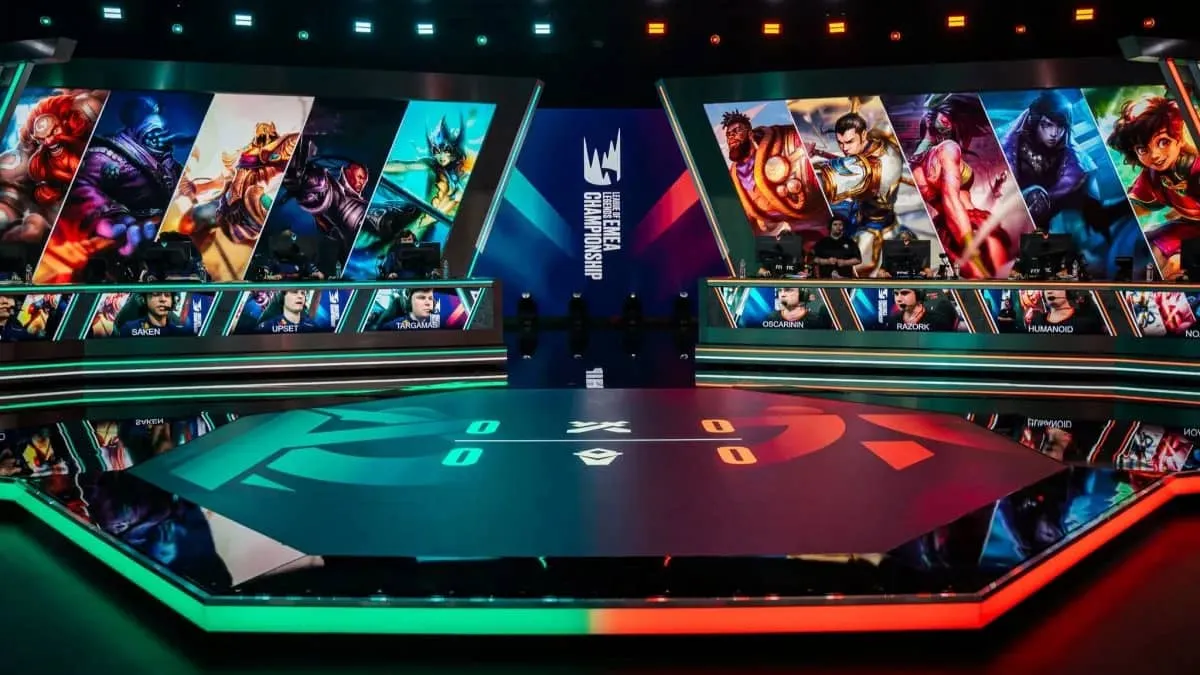(Note: the following article is largely factual but also contains the opinion of the writer. It in no way represents the opinion of goldper10.com or any of its other staff.)
News broke earlier today of pharmaceutical entrepreneur Martin Shkreli’s interest in a new Challenger team. The team (with a roster of ex-FSN Chunkyfresh, young prospects KT smurf and TranceTherapy, Inori, and an undetermined AD carry between fan-favourites Nien and Intense) certainly looks strong. However, before we applaud or condemn the players, we must first look at the management. And I am quite certain that this management is not the sort we should want in esports.
Shkreli has several things that make him an ideal owner at first glance: an apparent interest in esports, a strongly assembled roster, and boatloads of sorely needed cash. But beneath that superficial appeal lie some obvious problems. As the earlier Daily Dot article explained, Shkreli has been confirmed to have twice short sold the stocks of competitors. The first time, his employees created fake twitter personas to imitate popular rap stars, who would recommend the short-selling of stocks competing with Shkreli’s Retrophin. The second time, he publicly and intensely questioned a competing pharmaceutical product at a press conference, even while his opposition to their drug was well known. The drug was eventually deemed safe but this judgement was delayed by Shkreli’s fight against it.
He’s now departed the company where he took those actions to find a new one; however, this has not pulled him clear of controversy. An internal probe by his old company Retrophin showed that he had allegedly taken company funds, under the guise of “consulting fees”, to pay legal settlements for both the company and himself. Perhaps more disturbingly, the same releases from the company that condemned Shkreli for his actions as CEO also showed that he was the subject of a federal criminal investigation. Little news of this investigation has been released since the internal probe’s findings were made public.

Martin Shkreli, pictured, parted on poor terms with old company Retrophin when the he was fired by the Board of Retrophin.
Shkreli, for his part, refuted his old company’s accusations, saying they were “completely false, untrue at best and defamatory at worst”. However, the sheer density of misconduct allegations, proven and not, against Shkreli suggest that he is less than squeaky clean.
A freedom of information request by the NGO “Citizens for Responsibility and Ethics in Washington” resulted in them stating that Shkreli had been simultaneously pressuring the Federal Drug Administration to push his company’s drugs to market, and encouraging them to reject the products of his opposition.
If Martin Shkreli’s past actions do not exclude him from team ownership, what can future owners possibly do to disqualify themselves? I ask this not to hyperbolize his wrongdoings, but rather to frame his acquisition in the form of a precedent. This one acquisition has the potential to open competitive League not just to new, wealthier owners, but also to a new level of cynicism and discord between organizations, players, and fans. If these changes make fans more suspicious of players being advertising shills, and make players feel like they are at risk of being played and taken advantage of by owners, it could damage the current sense of community in the professional scene.
The intent and outcome of Shkreli’s ownership isn’t actually important. I believe that this particular acquisition sets a dangerous precedent for who can or should own a team. This is in a way a test of character for players, personalities, and fans: can big names waving big money hide from us the dangers of inviting these people into powerful positions in the scene? The increased potential for tension and distrust between player, organizations, and fans is apparent. Martin Shkreli is not the standard we should want to set for owners. In this instance, rejecting the money might be the best thing for the scene.






Published: May 6, 2015 11:55 am